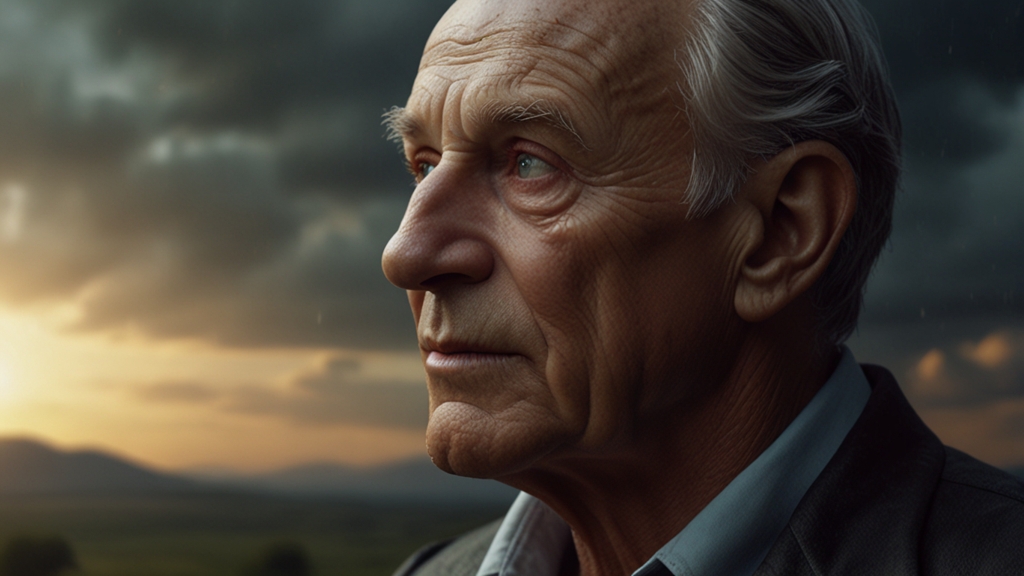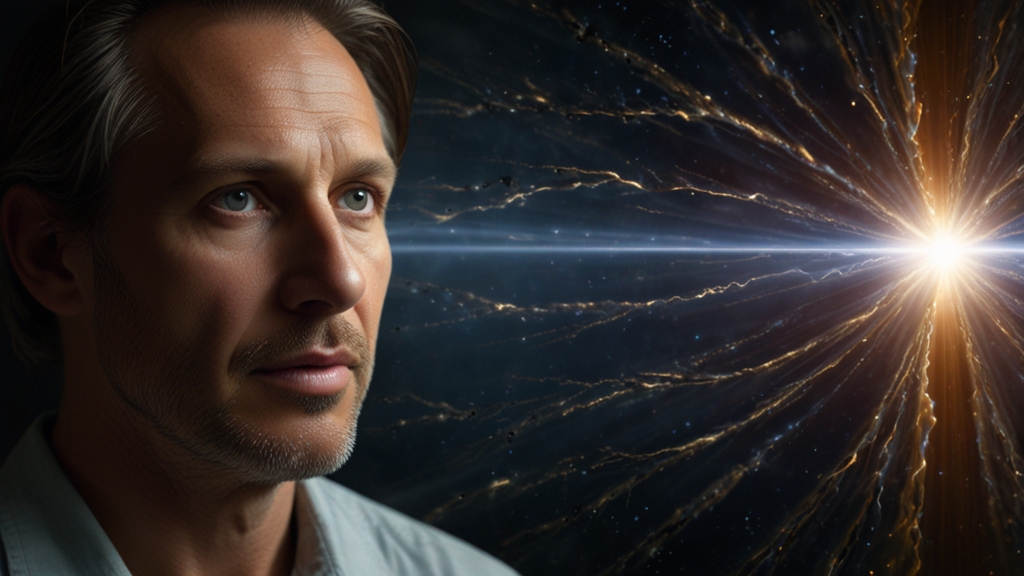Is there Life After Death? Metaphysical Insights into the Afterlife
The question of whether there is life after death has fascinated humanity since the dawn of time. From ancient religious texts to modern scientific inquiries, the search for answers has spanned across cultures and centuries. While no definitive proof has been established, metaphysical insights offer intriguing perspectives that challenge our understanding of life and death.
The Spiritual Perspective
Many spiritual traditions propose that life continues in some form after death. Concepts such as reincarnation, heaven, and the soul's eternal journey are central themes in many religious philosophies. For instance, Hinduism and Buddhism embrace the idea of reincarnation, suggesting that the soul reincarnates into different bodies to learn and evolve through various experiences.
"Death is not the greatest loss in life. The greatest loss is what dies inside us while we live." - Norman Cousins
Christianity and Islam, on the other hand, often teach that after death, individuals are judged and are either rewarded with heaven or punished with hell based on their earthly deeds. These religious convictions provide believers with a sense of purpose and moral guidance, offering comfort in the face of the unknown.
Near-Death Experiences (NDEs)
One of the most compelling sources of metaphysical evidence for life after death comes from Near-Death Experiences (NDEs). Thousands of people who have come close to death report remarkably similar experiences: feelings of peace, seeing a bright light, and encountering deceased loved ones. Skeptics argue these experiences can be explained by neurological phenomena, but the consistency of these accounts across cultures and individuals raises profound questions.
Dr. Raymond Moody, a leading researcher in NDEs, describes these experiences as profoundly transformative. Many who return from these experiences report a significant shift in their outlook on life, valuing love, compassion, and connection over material pursuits.
"My regard for life went up astronomically, because all of a sudden I could see how precious it was. And we pay so little attention to it while we are here." - NDE Participant
Scientific Exploration
While metaphysical perspectives offer rich narratives, scientific exploration into life after death is still in its infancy. Researchers employ various methods to investigate this phenomenon, ranging from studying consciousness to analyzing energy fields. Quantum physics, with its mysterious principles and complexities, has also opened up discussions about parallel universes and consciousness existing beyond the physical body.
Scientists like Dr. Stuart Hameroff and physicist Sir Roger Penrose propose the "Orchestrated Objective Reduction" (Orch-OR) theory, suggesting that consciousness results from quantum processes within brain cells, potentially surviving bodily death. Such theories, while controversial, push the boundaries of our understanding and open new avenues for scientific investigation.
The Philosophical Angle
Philosophers have long engaged with the concept of an afterlife, contemplating the nature of existence and consciousness. René Descartes famously posited the idea of dualism, suggesting a clear separation between mind and body. According to this view, the mind or soul could exist independently of the physical body, lending credence to the idea of life after death.
Moreover, existentialist thinkers like Jean-Paul Sartre and Martin Heidegger grapple with the meaning of life in the context of death. For them, the awareness of mortality forces individuals to confront their existence, making the prospect of an afterlife less about literal survival and more about the search for purpose and authenticity.
Conclusion
The mystery of what happens after we die remains one of humanity's most profound questions. Metaphysical insights, encompassing spiritual traditions, NDEs, scientific theories, and philosophical ponderings, provide a multifaceted exploration of this enigmatic topic. Whether there is definitive life after death is still unanswered, but these perspectives offer a tapestry of beliefs and experiences that enrich our understanding of what it means to live and die.
"To fear death, my friends, is only to think ourselves wise without being wise, for it is to think that we know what we do not know." - Socrates
In the end, the quest for answers may be as important as the answer itself, inviting us to reflect on our existence, our purpose, and the essence of life itself.













